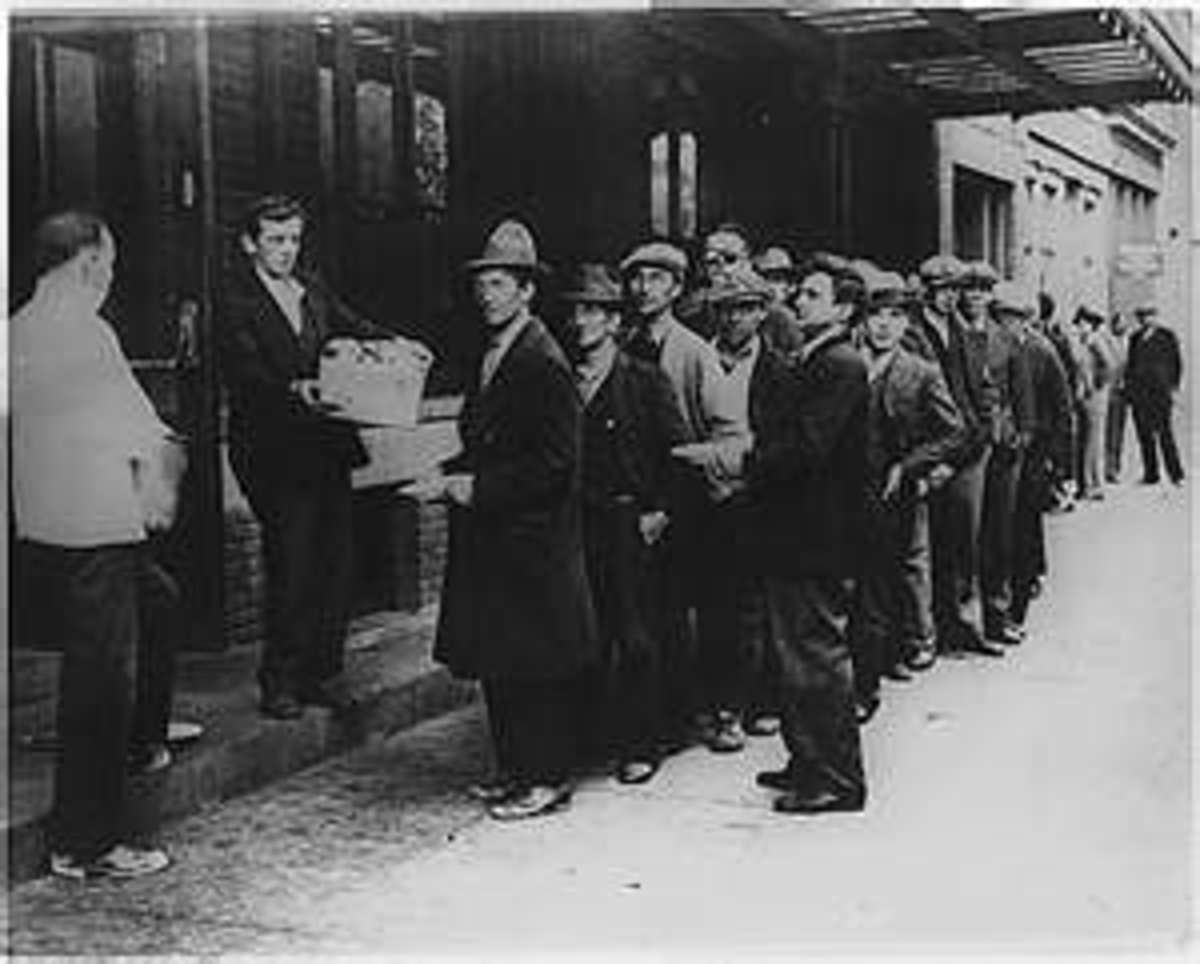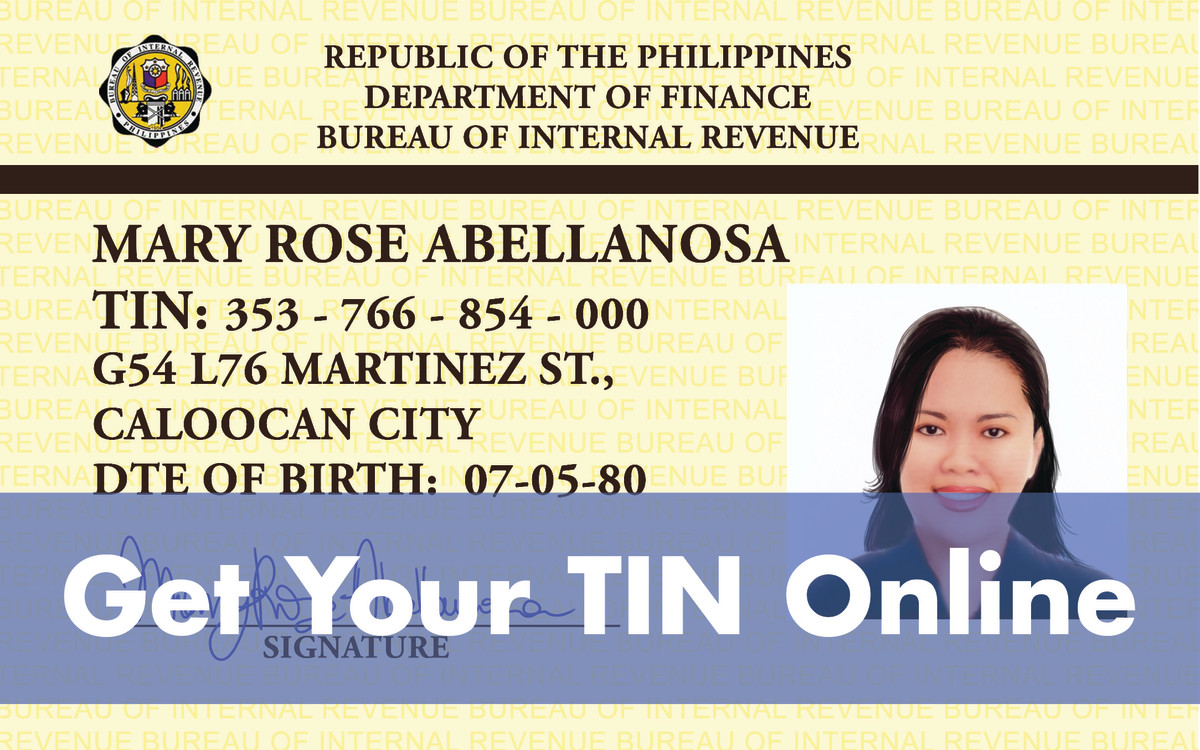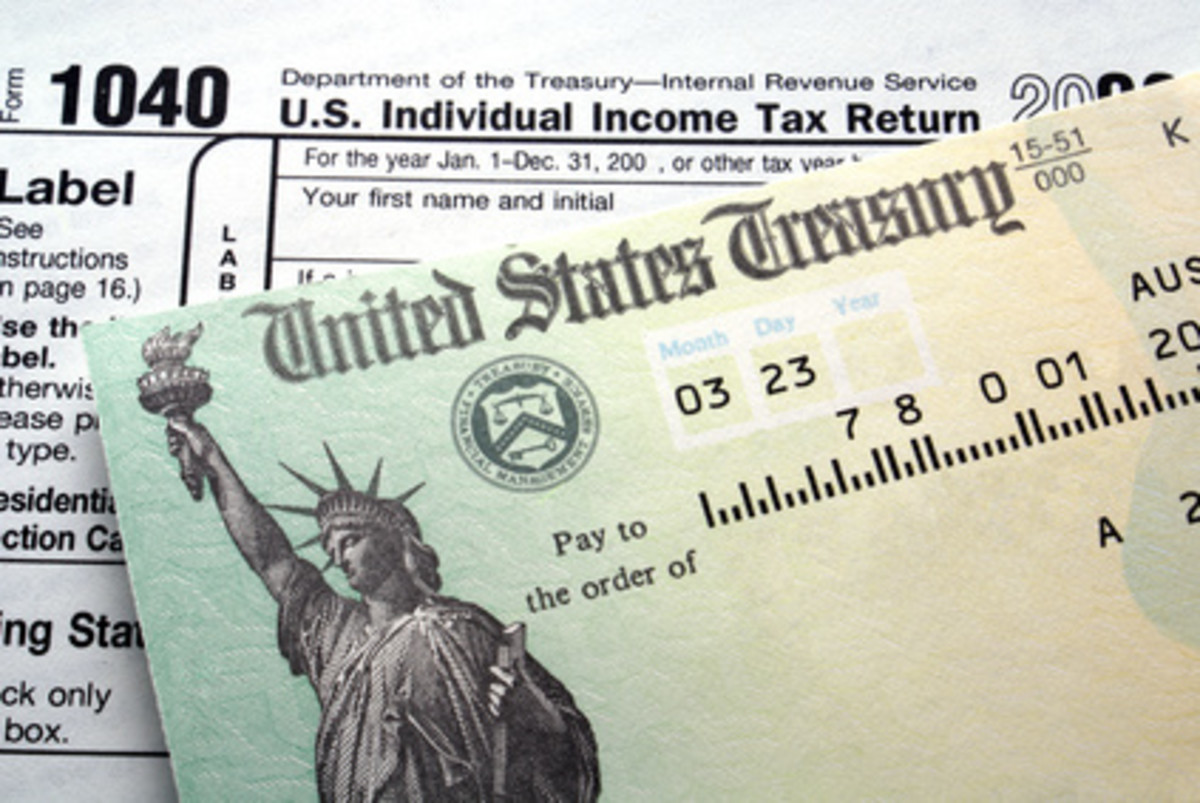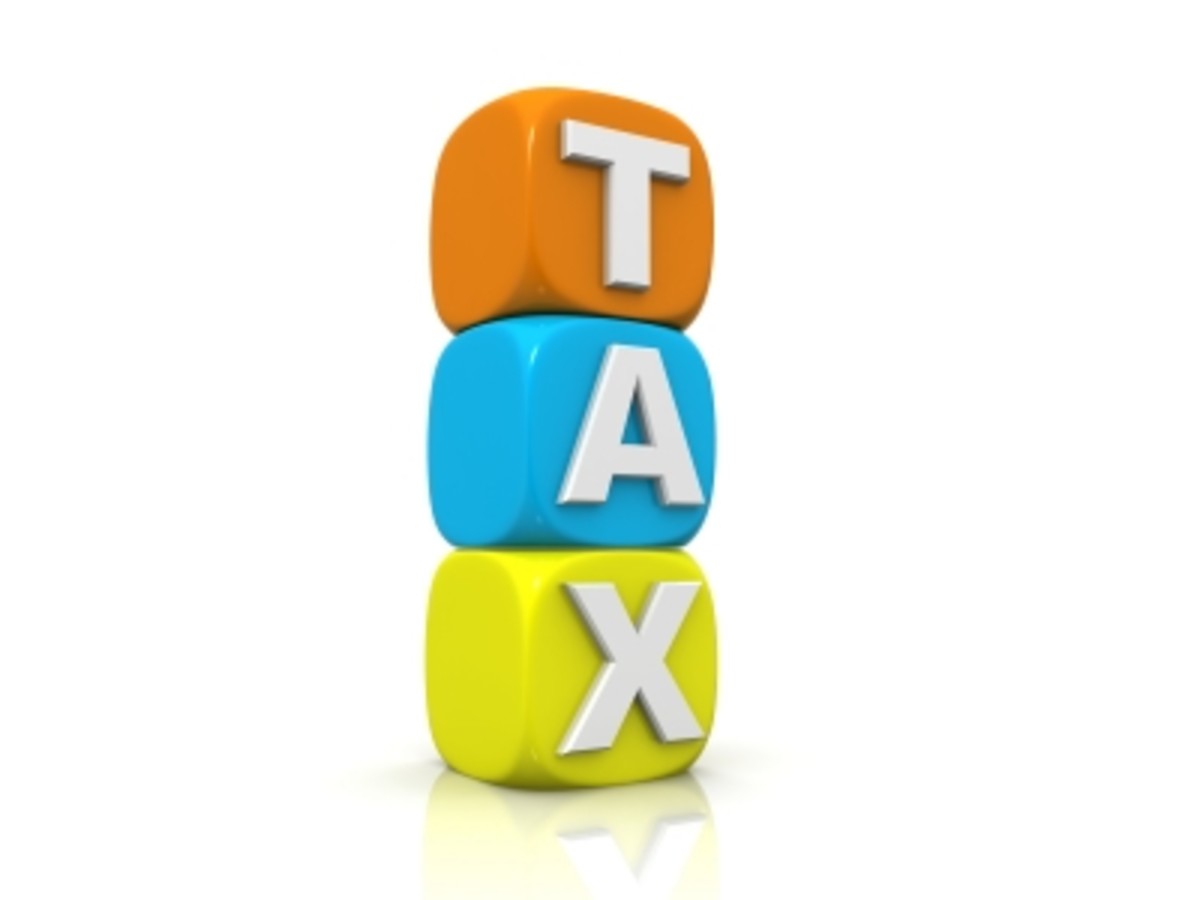Receipts for Taxes - Tax Documents Needed to File
Save your receipts!
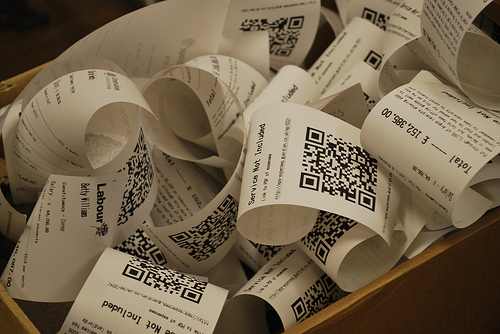
How to Organize your Tax Receipts
Do you need an idea of what receipts and documents to keep for your tax return ? Over the years, especially after going to the same accountant for years, I have learned so much about what to keep and how to organize it.
I have a drawer that is my "tax drawer." I put in this drawer any receipt or other document I get during the year that I know will be information I need for my tax return. At the end of the year, I go through and separate all the documents into different envelopes, labeled as wages, donations, medical, writing expenses, etc . . . .You might also have a tax file, something I've turned to as I have less space in my current house.
I'm not an accountant, so please don't take anything I say as tax or legal advice. I can just tell you in layman's terms what items that would be good to keep, particularly if you itemize deductions, I keep anything that I think I might need. Better prepared than sorry.
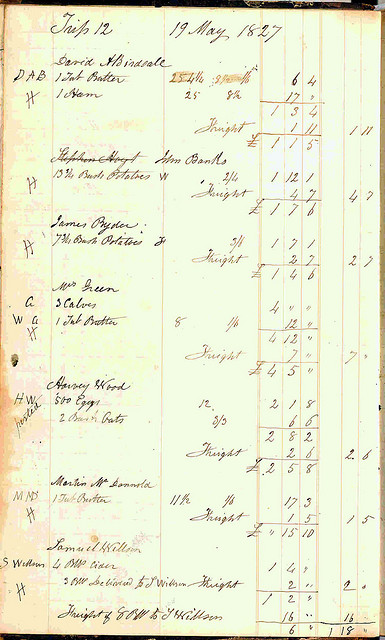
Do you itemize deductions?
If you itemize deductions, then you must save a lot more things to deduct from your taxable income. If your taxes are simple, and you opt for the standardized deduction, then you will basically just need to keep your wage reports (W-2s) and any interest income.
However, if you have mortgage interest, medical expenses, donations, and other expenses, it may save you much more to itemize these deductions rather than take the standard deduction.
Instead of throwing everything you might need in a drawer, a file box might work better, as it allows you to sort into categories as you go through the year. For me, the drawer works. Everything is all in one place, and I can separate it into categories when tax time comes around.
Laws, of course, vary from state to state, so check with your tax adviser for specifics. Here are the basic areas I itemize.
Income & Interest
The most basic tax documents to keep are your W-2 statements from all jobs from the previous year. If you're self-employed, keep track of all income whether through receipts or invoices.
Did you receive unemployment benefits in the past year? Retirement or a pension? What about interest from your savings account or dividends from investments? Keep records of any and all types of income. You may be required to report your previous tax refunds, as well.
Tax question!
How do you handle your income tax return?
Home Mortgage and Rental
If you itemize deductions, you probably know that the interest you pay on your mortgage is tax deductible. Your mortgage company should send you a statement of the total paid for the previous year.
If you have rental property, keep track of everything you spend--mortgage payments, including interest and insurance, as well as repairs and improvements on the property. Keep track of everything related to upkeep of your rental property, just in case you need it, right down to the mileage to and from the place when you have to go over there.
Certain energy-friendly improvements on your primary home may be tax deductible. Keep those receipts when you install energy-efficient appliances, windows and doors, and even insulation. Keep all of these types of receipts . . . just in case they are tax deductible for that particular year.
Donations
Donations of money or items are definitely something you can deduct. Keep track of money given to churches or charitable organizations.
Much of my donations are tangible items, as I'm always going through my things and taking the excess to the local thrift store. Dropping off usable items at such organizations is pretty easy, and you can get a receipt for your items right there.
Medical expenses
Historically, to deduct medical expenses, the total had to add up to 7.5% of one's income. In 2013, however, that amount reportedly went up to 10%.
I always keep receipts for medical expenses, even though I rarely have enough to count. Still, I keep receipts from the doctor's office, as well as those from the dentist, eye doctor, and any other medical providers. I keep receipts for prescriptions and stubs showing what I paid for insurance premiums.
If you have a lot of medical expenses, it might pay off to hang on to anything medically related, especially if you are self-employed.
Self-employment income and expenses
If you're self-employed, it may be harder to keep track of all your income sources, but it is imperative. Keep track of, too, any expenses related to your self-employment. This is an area where it's good to get a CPA's advice on what you should keep track of. You can save a lot on your taxes by keeping up with any receipts that relate to your self-employment. Keep everything to go over your accountant with. Better safe than sorry!
Job Expenses
Job expenses would include anything you have to spend for your job that is not reimbursed. This might include uniforms, continuing education, licenses, travel, and supplies required for your job. Your best bet is to hang on to everything in case you need anything.
Reminders of Tax Documents & Receipts to Keep
Category
| What to keep
|
|---|---|
Wages
| W-2's or other wage record, retirement, social security, dividends, inheritances, savings interest, tax refunds
|
Home
| mortgage interest, energy improvements, closing costs
|
Rental
| mortgage payments/interest, insurance, repairs & improvements, mileage
|
Medical
| doctor, dentist, vision, other bills; insurance premiums; supplies, mileage
|
Donations
| receipts for cash and items donated, mileage
|
Employment
| cost of uniforms, supplies, training, licenses
|
Misc
| child care & education expenses, personal property tax paid
|
This list it not all-inclusive and may vary from state to state. Your best bet is to keep any expense related to these and similar categories just in case you need it.
Miscellaneous Deductions
There may be other deductions out there for you, so keep expense information on such things as
- college loans
- child care expenses
- sales on investments
- inheritances
- closing statements for buying, selling, or refinancing a home
- personal property tax paid
Really, I keep anything and everything that I think I might need for my tax return.
Need help with taxes?
If your taxes are very complicated, you may need to hire an accountant to help you with them. However, these days there is a variety of tax software to help you. There are free ones for simpler returns and more complicated ones for more complex returns. There are a variety of tax software programs based on different needs, even including software for those who are self-employed.
TurboTax is a well-known software with many different versions for particular needs, but there are other programs, such as Quicken, that may fill a need. You can scout the different programs out online. Consider using TurboTax discount codes or other tax software program discounts when you shop online.
Remember that the tax deadline is April 15th!
This article is accurate and true to the best of the author’s knowledge. Content is for informational or entertainment purposes only and does not substitute for personal counsel or professional advice in business, financial, legal, or technical matters.
© 2013 Victoria Lynn


